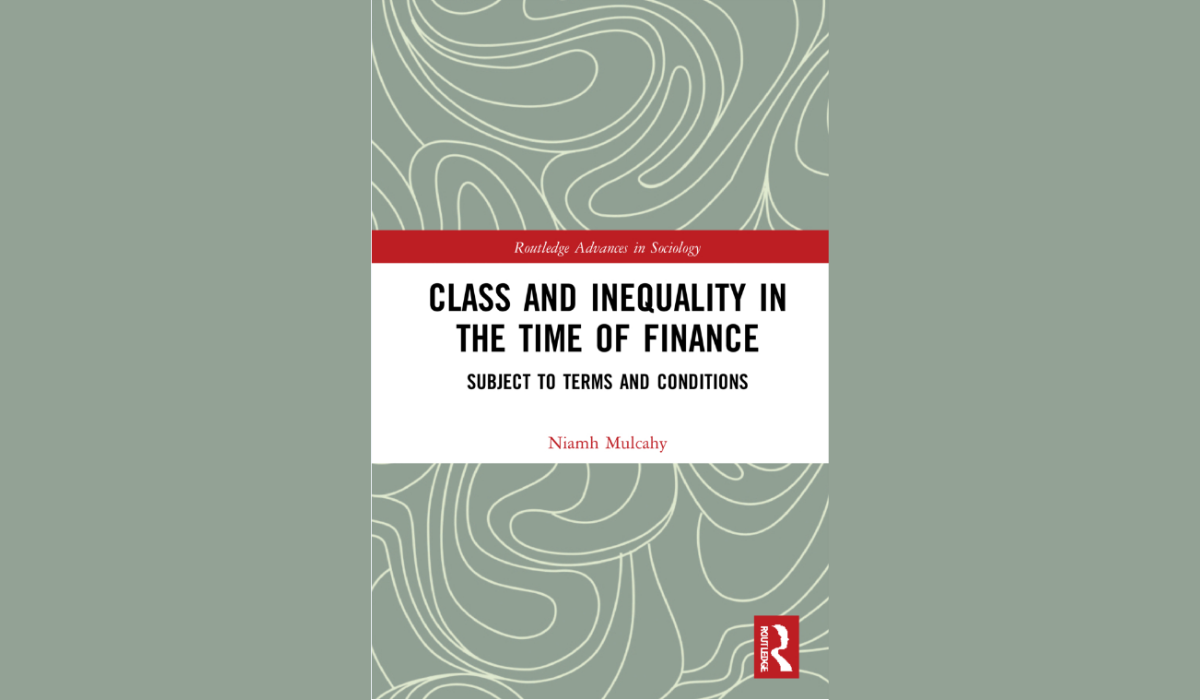Lucy Research Fellow publishes on contemporary disparity and hardship caused by the spread of financial risk from institutions to households
Dr Niamh Mulcahy is a Lucy Cavendish Alice Tong Sze Research Fellow and will be at CRASSH until 2022. She works in the critical tradition of political economy. Her focus is on finance-led economic growth, and the financialisation of household income, as savings and income are channelled into capital markets through personal investment and debt.
The book titled ‘Class and Inequality in the Time of Finance’ explores the effects of the gradual liberalisation of capital markets and the expansion of consumer credit on poorer households in the United Kingdom, with particular attention to the precariousness caused by a lack of savings and a reliance on debt. Asking what it means for poorer working individuals and households to be subject to the demands of finance, the author draws on Michel Foucault’s theory of subjectivation as well as Louis Althusser’s interest in class, actively theorising the constraints of low income or precarious work on financial planning, alongside the reorganisation or rollback of government benefits. A contribution to our understanding of the ways in which financial concerns deepen and expand economic inequality, Class and Inequality in the Time of Finance shows how finance stratifies individual subjects rather than simply individualising and separating them. As such, it will appeal to scholars of sociology with interests in neoliberalism, economic austerity, and consumer credit and debt.

Niamh comments: “High levels of household debt have long been contrasted with low levels of savings by British households, as evidence of the financially risky behaviour that could destabilise national and international economies, as in the case of the 2008 global financial crisis. My book, adapted from my doctoral thesis, examines how financial risk has spread beyond financial institutions and into household budgeting, through the introduction of an array of consumer finance products such as loans, credit and mortgages, as well as investment options such as funds or assets meant to increase the value of personal wealth and savings. My interest is in the exposure of households to a growing number of financial risks, over which they have little control. This is crucial to the study of contemporary inequality in the United Kingdom: in an era when risk-taking is touted as key to earning higher rewards, the question of who cannot afford to take such risks highlights the changing nature of deprivation and financial insecurity among households.”
Niamh’s book is available here.




